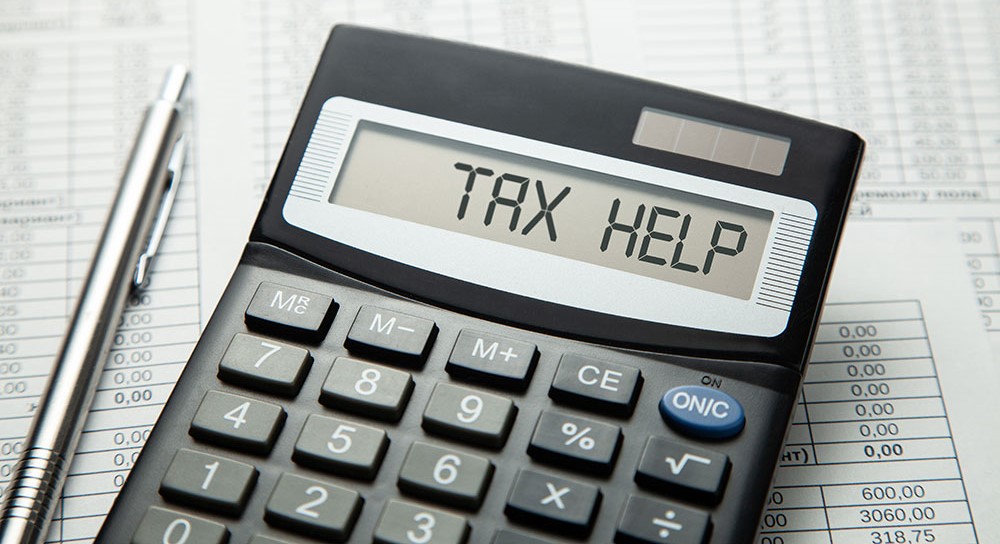Major life changes combined with constantly changing tax laws have many taxpayers in the market for a tax professional. Understandably, taxpayers stress during the process of collecting documents and finding a professional that they can trust with their personal and financial information to properly prepare and file their federal and state tax returns. Many ask friends, family, or colleagues for recommendations, and some search the internet, read reviews, and then begin the process in contacting potential tax firms for more information. Generally, the first question I hear is regarding cost. How much do we typically charge to prepare a return or what is our fee structure? While cost is an important factor, there are other questions that you should ask your potential tax professional, i.e. What are your credentials?
Credentials
Tax professionals can be broken down into two groups: credentialed and non-credentialed. Credentialed tax professionals are Enrolled Agents (EA), Certified Public Accountants (CPA), and Attorneys. Only credentialed tax professionals are allowed to represent clients before the IRS regarding tax matters, such as audits and collections.1 Enrolled agents are the only federally licensed tax practitioners who specialize in taxation and have unlimited rights to represent taxpayers before the IRS.2
The majority of tax preparers are not credentialed. Non-credentialed tax preparers are only required to have an active Preparer Tax Identification Number (PTIN) and regulation of non-credentialed tax preparers is handled at the state level. Currently, the State of Iowa does not require state registration, an examination, nor qualifying education, such as a college degree. Iowa only requires a tax preparer to include their PTIN on Iowa tax returns they prepare and complete 15 hours of continuing education, 2 hours of which must be professional ethics. The IRS does offer the Annual Filing Season Program (AFSP), which is a voluntary program that meets Iowa’s continuing education requirements.
You can verify a tax professional’s credentials and look for qualified tax professionals in your area by using the IRS Directory of Federal Tax Return Preparers with Credentials and Select Qualifications at https://irs.treasury.gov/rpo/rpo.jsf.
Experience
While it might be comforting to know that a tax professional has over 20 years’ experience, the question to answer is: Do they have specific experience in handling tax returns such as yours? Do they know the reporting business and/or individual requirements of the states and localities where you are required to file?
Cost & Engagement
Prior to engaging a tax professional you should understand how a firm determines its fees. Beware of any firm or preparer that bases their fees on the percentage of your expected refund. At Corridor Taxes we base our fees on the forms that we need to process, i.e. W-2s and 1099s, and the forms and schedules we need to prepare for your tax return. By reviewing a copy of your last year’s tax returns, we can prepare an estimate for this tax year’s filing.
Reputable tax professionals will likely require that you sign an engagement letter/memorandum. Read such letters carefully as they should clearly state your responsibilities and those of the firm/tax professional you are hiring. Many firms require their clients to fill out tax organizers detailing their personal and financial information. At Corridor Taxes we provide organizers for clients that request them but we do not require them. Our experience shows that organizers, while helpful, do not ensure that all necessary information and documents are submitted. Clients are stressed when completing these organizers and often feel they are performing work for the tax professional.
Every tax season we prepare newsletters for existing and for new clients. In these newsletters we highlight what is new for the tax year and inform new clients what we need to start preparing their tax returns. Here is a link to our current newsletter for new clients: https://corridortaxes.com/new-clients/
Process Questions
Everyone’s tax situation is unique. Be sure to ask questions that pertain to your tax situation. Here are some standards questions that you can ask.
- What information, documents, and other records will you need from me?
- If I have questions during the tax year, are you available and what will you charge?
- Will you be e-filing my return?
- Will you be signing my return?
- Can you help me with tax planning?
- What other services do you offer?
- How long do you keep records of my income tax returns?
- What can I expect from you if I get audited or get a letter from the IRS and/or state regulatory agency?
- What quality control systems do you have in place to minimize errors?
- What data security systems do you have in place to protect against cyber threats and unauthorized data access?
References
1. https://www.irs.gov/tax-professionals/enrolled-agents/enrolled-agent-information
2. https://www.naea.org/naea-education-foundation/enrolled-agents/

